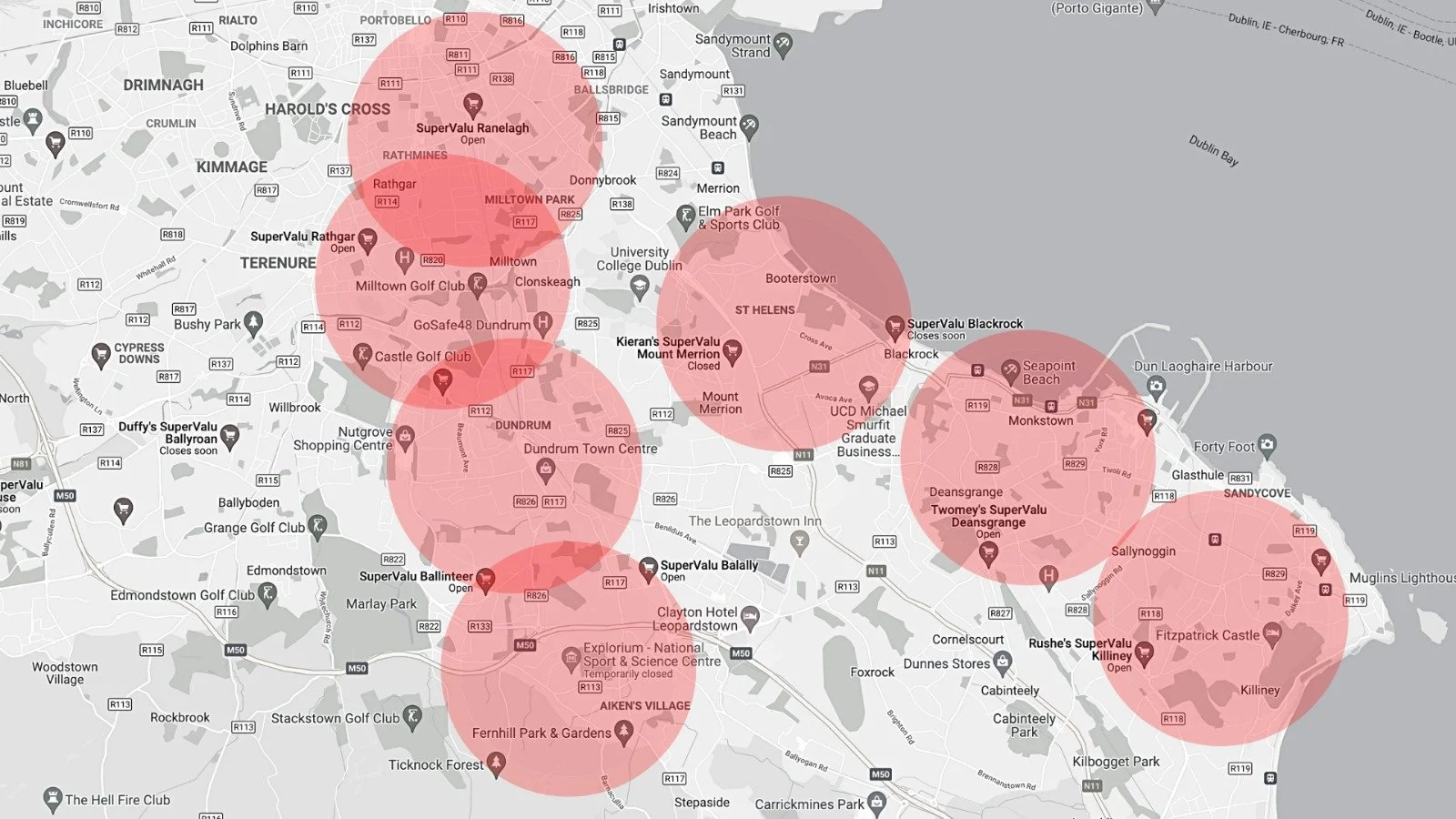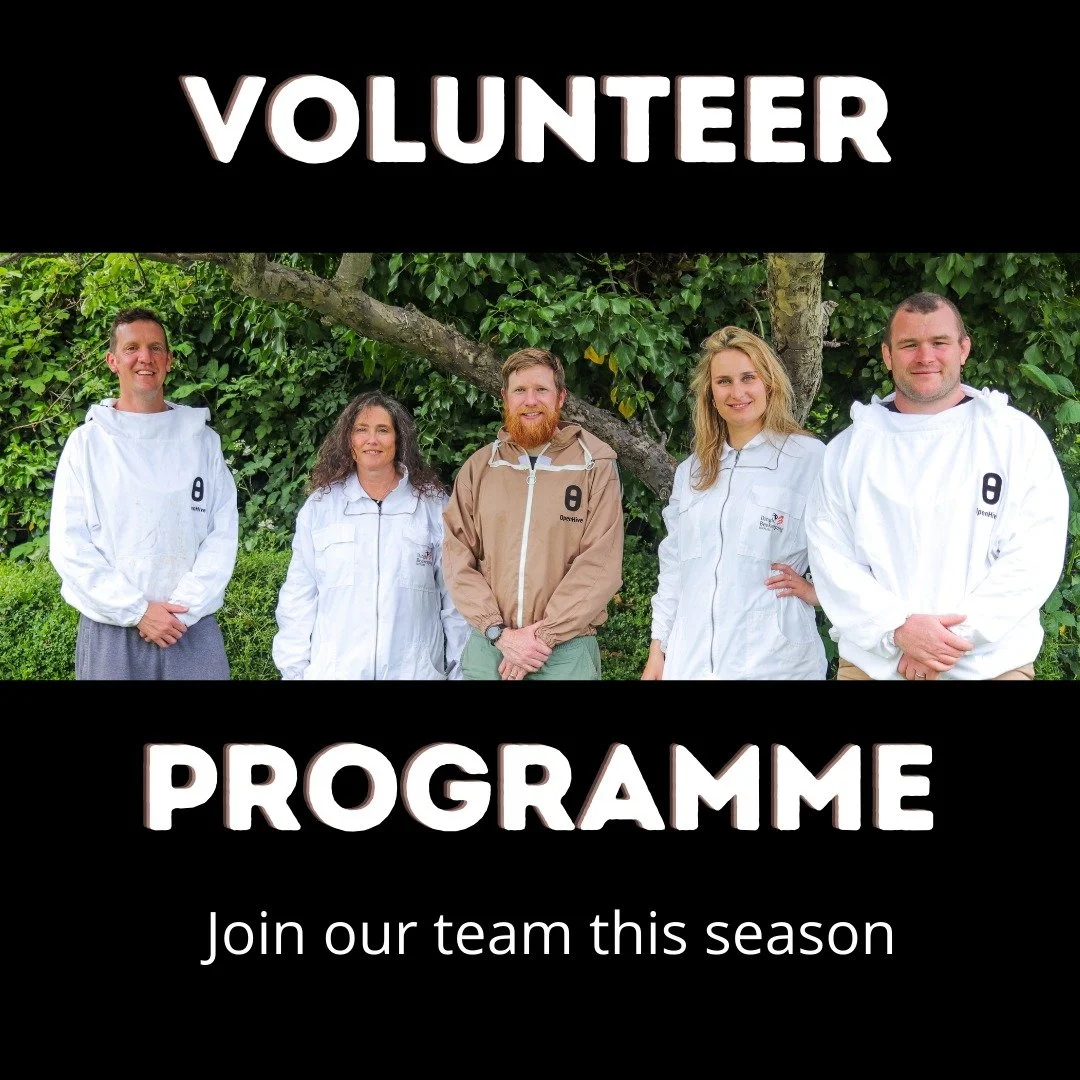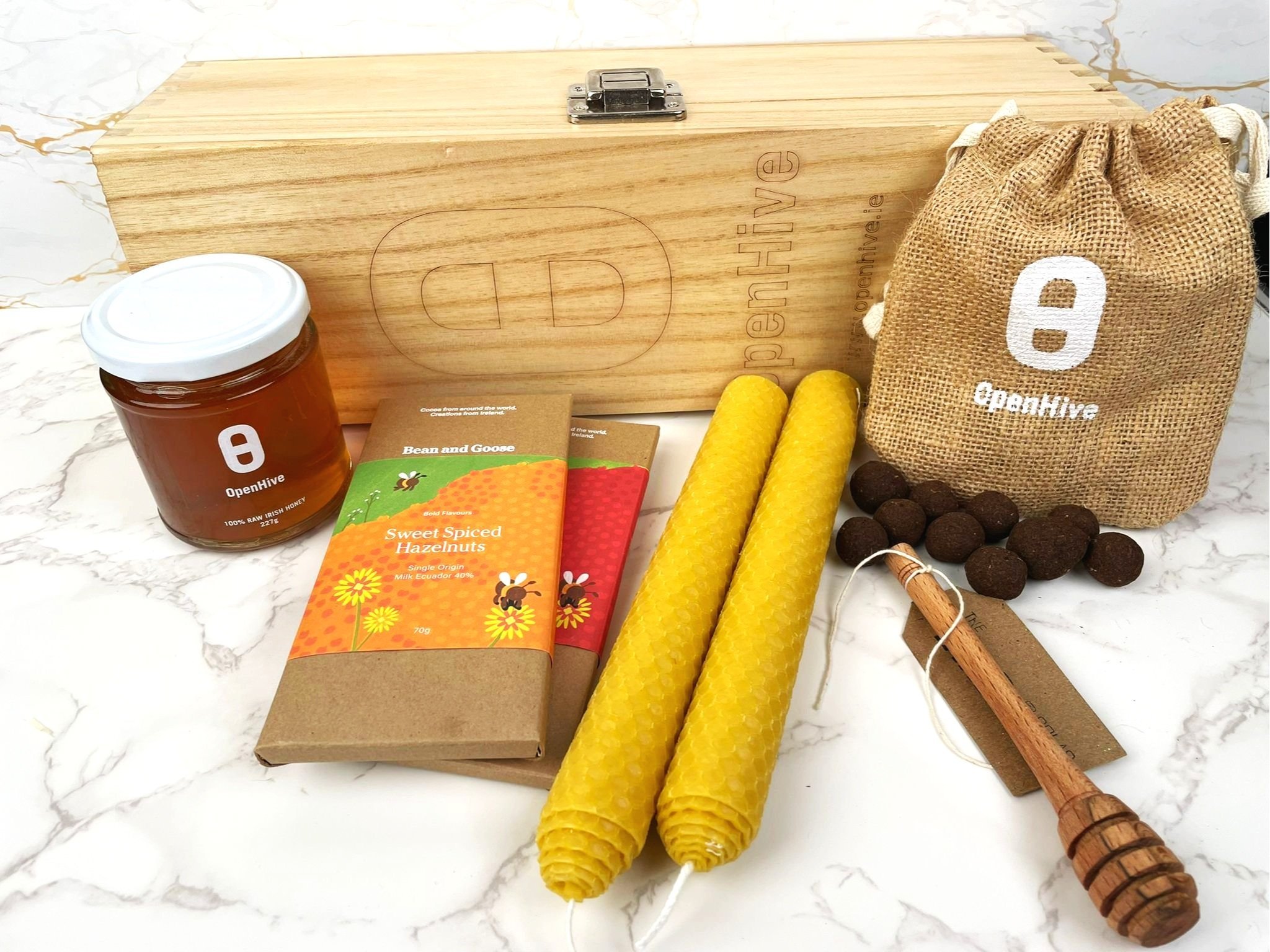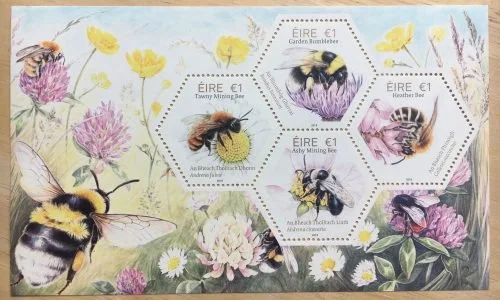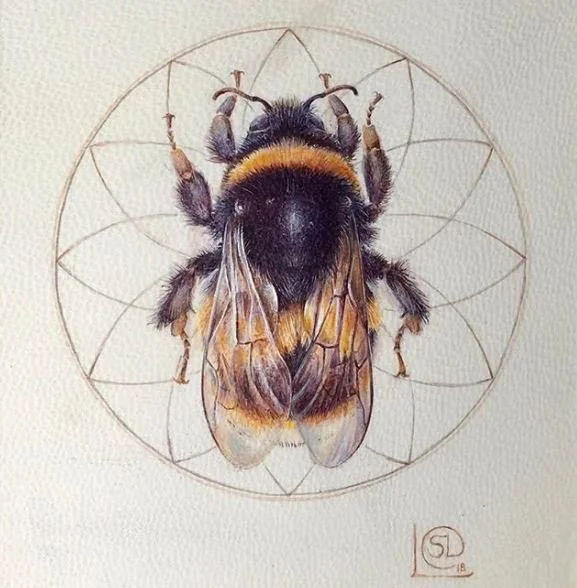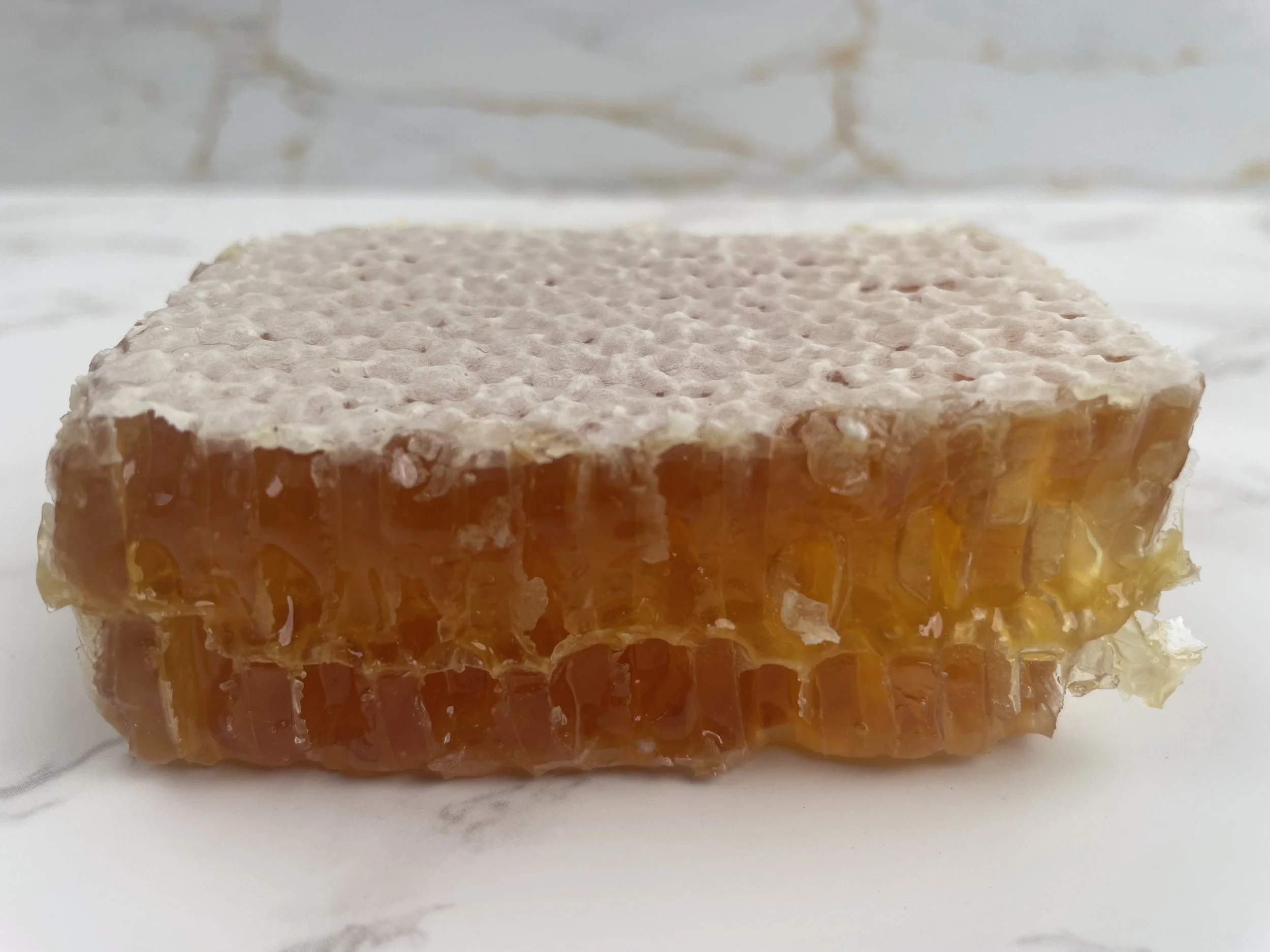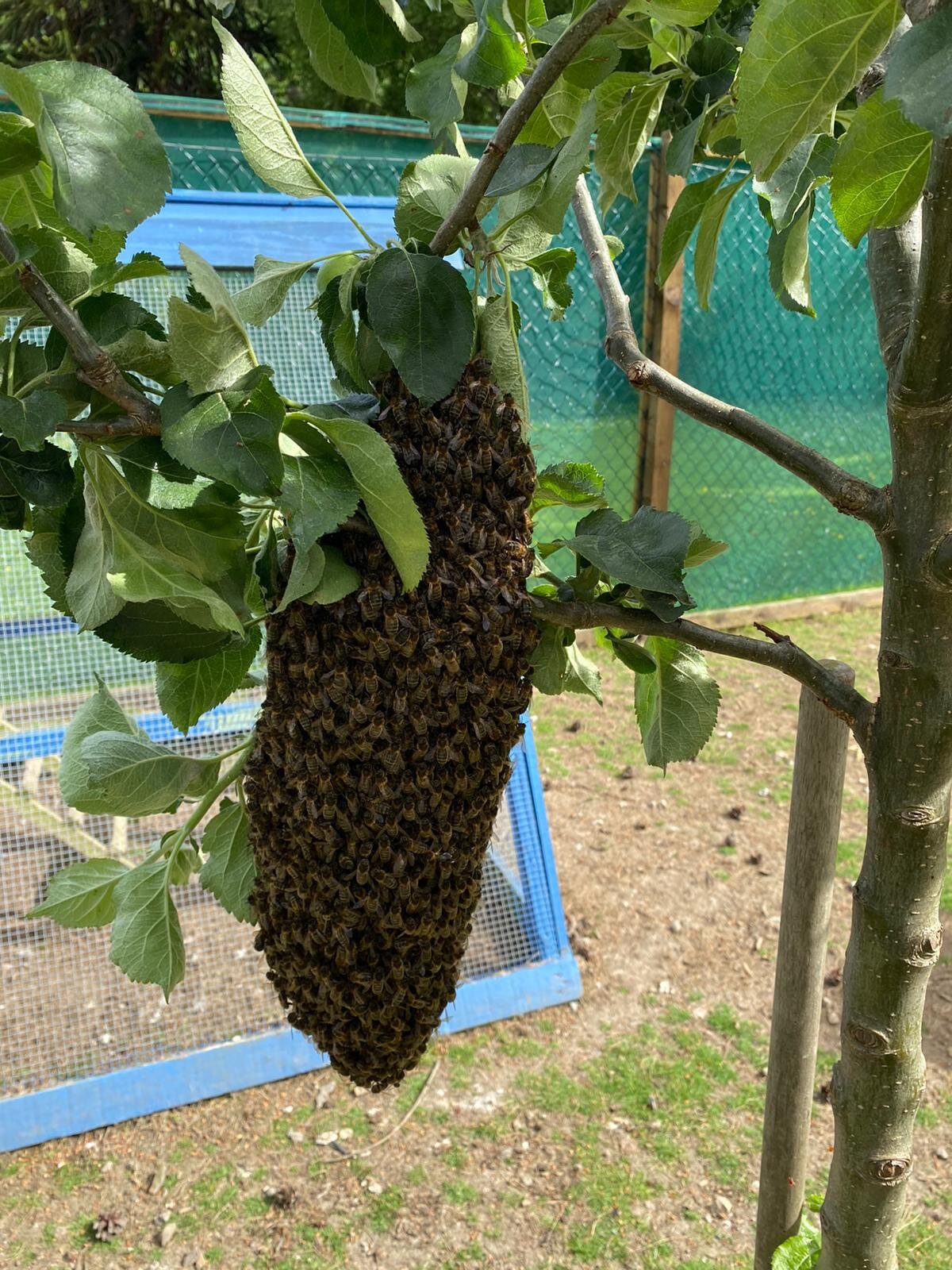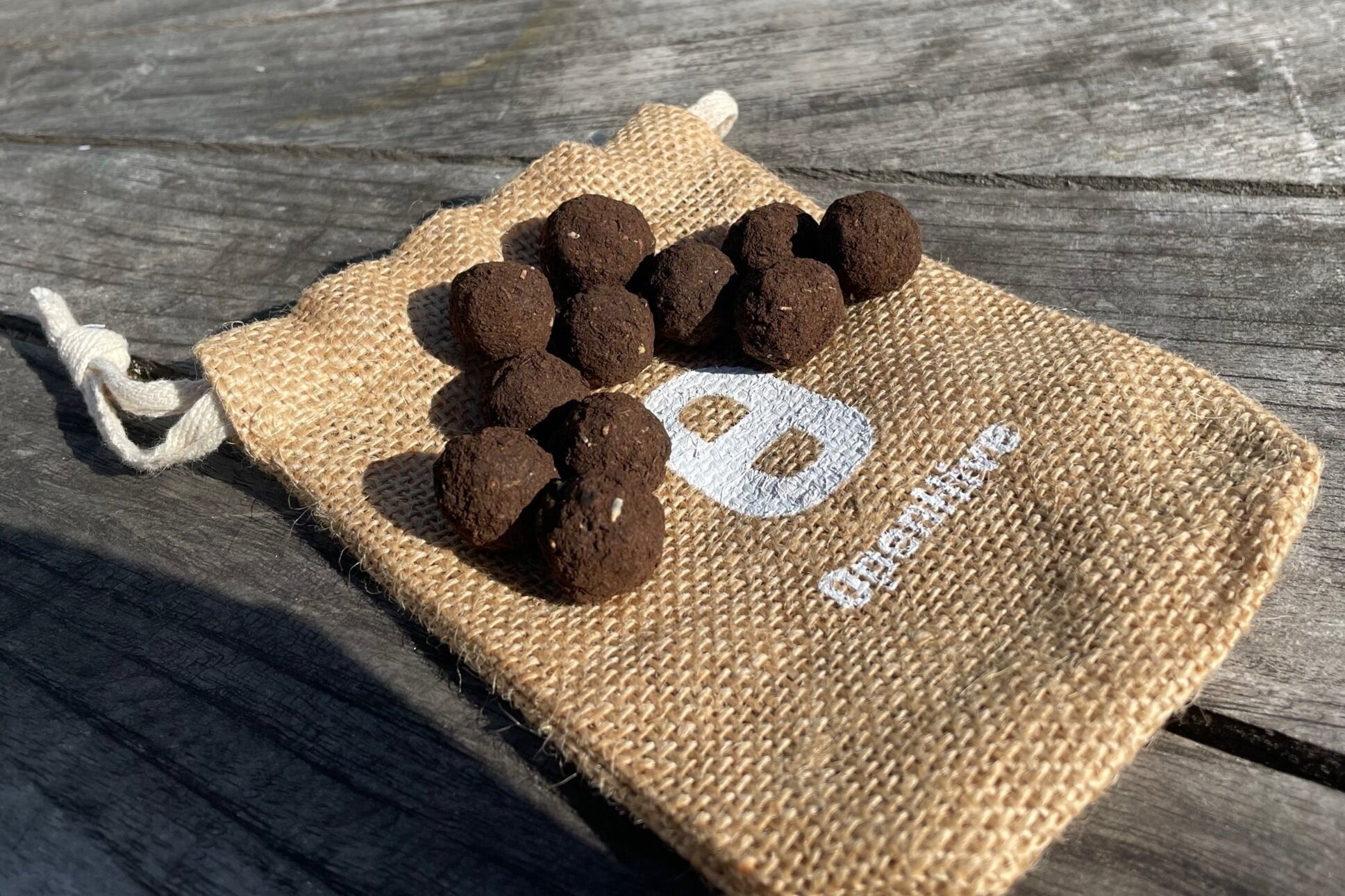Winter can be a tough time for bees. There is often little forage available and in times gone by this has suited the bees who will form a tight cluster in the hive (much like penguins do!) to save their honey reserves. However, with our recent milder autumns and winters, the bees are active for longer in the season, this can mean that they use more honey than they traditionally would have. It's great, therefore, to provide them with a few varieties of plants that flower during the winter months. See a few options for your garden below:
- Hellebores - Open-faced, single flowers give easy access to nectar and pollen.
- Willows - Honey bee on goat willow (Salix caprea)
- Crocuses - Early crocus (Crocus tommasinianus) is easy to grow, even in your lawn.
- Mahonias - Mahonia 'Charity' is hardy and colourful.
You can find more ideas here.




